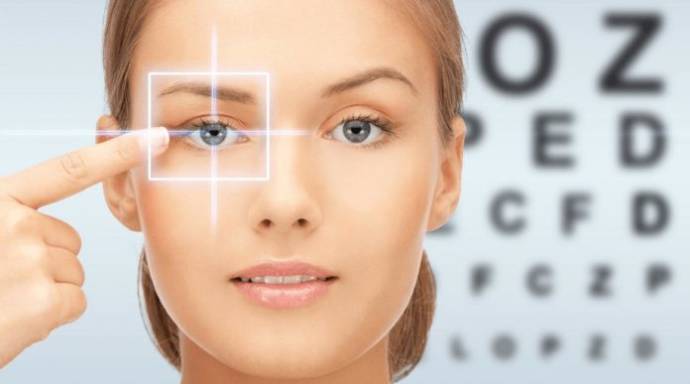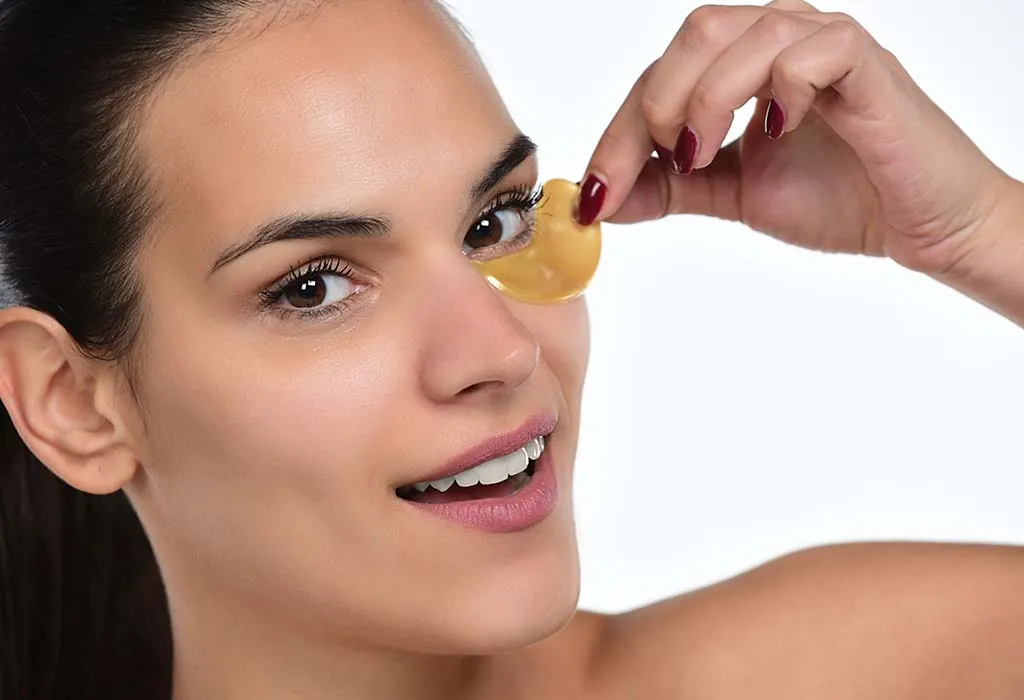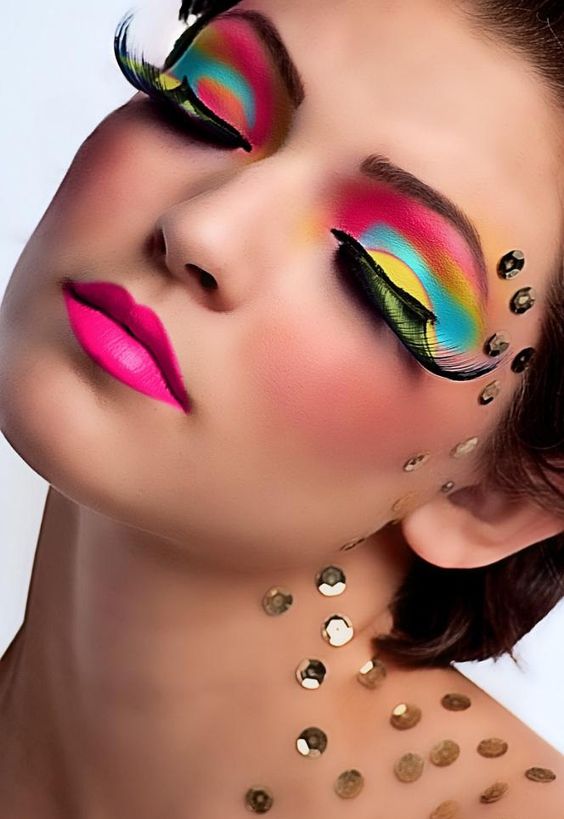Nearsightedness, farsightedness, astigmatism – these are all eye conditions that people eventually succumb to as they age. Though there are many rewards to growing up, eye health isn’t always one of them. After all, aging can take a toll on people’s eyes.
Still, this doesn’t mean there’s nothing you can do to preserve your eyesight even as you grow older.
Everyone needs a healthier lifestyle not only for their overall wellness but also for the sake of their eyes. Below are 10 tips you should follow for healthier eyes:
Eat eye-friendly foods.
Before anything else, you’ll need to fill your plate with foods that are packed with lutein, zinc, omega-3 fatty acids, and vitamins C and E. These nutrients help ward off age-related eyesight problems like cataracts and macular degeneration.
Some of the recommended additions to your eye-friendly diet are:
- Green leafy veggies, such as collards, kale, and spinach.
- Oily fishes like salmon and tuna.
- Non-meat protein sources, such as nuts, eggs, and beans.
- Citrus fruits (or their juices) like lemons, oranges, and grapefruit.
- Pork and oysters.
Remember that you also need to maintain a well-balanced diet. Not only is it crucial for a healthy weight, but it also reduces your risk of type-2 diabetes, which causes blindness in many adults.
Use the proper eyewear to protect your eyes.
Any reputable optical and eyewear company in the UAE would recommend wearing sunglasses that not only look cool but also help keep your eyes protected from the sun.
According to research, sun exposure is a possible factor that increases people’s risk of developing cataracts and age-related macular degeneration (AMD). Both have a high chance of causing blindness.
When choosing a pair of sunglasses, look for those with broad-spectrum protection as they help shield your eyes from UVA and UVB radiation. Always wear them whenever you go out, even on a cloudy day.
Keep your contact lenses clean.
If you use contact lenses, always maintain cleanliness when handling them. Wash your hands thoroughly before putting them on or taking them out.
Also, make sure you clean your contact lenses and lens case thoroughly and replace them as instructed. Be sure to read and follow the manufacturer’s recommendations.
Don’t smoke (or quit now).
Smoking is another thing that can increase your risk of getting cataracts and AMD as you age. It can also damage your optic nerve, not to mention cause a wide range of medical problems.
If this is a habit you find hard to break, don’t give up and ask for help when necessary. Quitting smoking (or not starting the habit in the first place) is one of the best ways you can ensure your eye health.
Rest your eyes.
Like other organs in the body, your eyes get tired after so much use. This is especially true if you spend too much time in front of screens, be it a cellphone, computer, or television.
Because you’re focused on what is displayed on the screen, you tend to forget to blink and cause your eyes to become dry. And when the eyes aren’t lubricated enough, they become fatigued, which can lead to eye strain.
The easiest solution is to rest your eyes.
Practice the 20-20-20 rule. For every 20 minutes’ worth of screen time, focus your eyes 20 feet away for about 20 seconds. This will help lessen the effects of eye strain.
Adjust your workspace lighting.
Besides taking regular short rests, you can also reduce the possibility of eyestrain by ensuring that your workspace lighting is ideal.
Check the area where you work. Is the overhead lighting too harsh or too dim? Adjust this to achieve eye comfort.
If possible, use an adjustable shaded lamp or task lights to help you get just the right amount of light so you don’t strain your eyes.
Exercise.
Physical activities like cardio workouts and dancing help boost blood oxygenation in the body. It also promotes the passing of toxins and ultimately leads to a healthier body.
Because of this, exercise helps reduce your chances of acquiring chronic conditions that cause eyesight issues like high blood pressure, high cholesterol, and diabetes.
Don’t skimp on sleep.
Although it helps with eyestrain, short rests aren’t enough to ensure that your eyes don’t get too tired to the point of vision-compromising problems. You still need sufficient, good-quality sleep.
Besides its obvious effects on your overall fitness, regular sleep also renews your eyes after engaging in intense visual activities like reading a book or working on a computer.
Stick to eye-friendly environments.
Many things can harm the eyes, not just the sun or excessive time in front of the computer. Chemicals like chlorine in swimming pools and light that is too harsh (or too dim) can also degrade the quality of your vision, so make sure you reduce your eyes’ exposure to them.
If it can’t be avoided, make sure you wear the necessary protective eyewear made explicitly for the situation. Besides shades, there are several others you can use, depending on the situation, such as:
- Safety goggles, safety shields, and eye guards for sports and jobs that may cause harm to the eyes, be it at work or at home.
- Computer glasses for long periods of screen time and gadget use.
Visit your eye doctor regularly.
Children, teens, adults, and the elderly all need regular eye checkups. This is one of the best ways to ensure that your eyes are in good shape and to catch any possible issues early on.
It is also great for spotting diseases that don’t have any symptoms upon their onset, like glaucoma, making them easier to treat.
When you get an eye exam, you should expect your doctor to:
- Ask about your medical history, both personal and family.
- Conduct vision tests to check if you have farsightedness, nearsightedness, astigmatism, or presbyopia.
- Examine how well your eyes can work together.
- Use eye optic nerve and eye pressure tests to check if you have glaucoma.
- Check the external and microscopic conditions before and after your eyes get dilated.
Besides regular checkups, you should also talk to an eye professional for any discomfort or changes in your vision. Don’t forget to consult them before using any corrective eyewear, like presbyopia multifocal lenses, to make sure it fits what you need.
Preserve Your Eyesight
Maintaining 20-20 vision isn’t a piece of cake. In fact, there’s a lot of effort that goes into it. Of course, being able to witness the beauty of the world in every waking moment is worth it, so make sure you do all it takes to preserve your eyesight.





